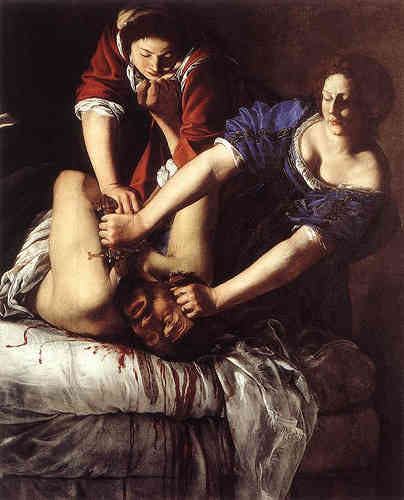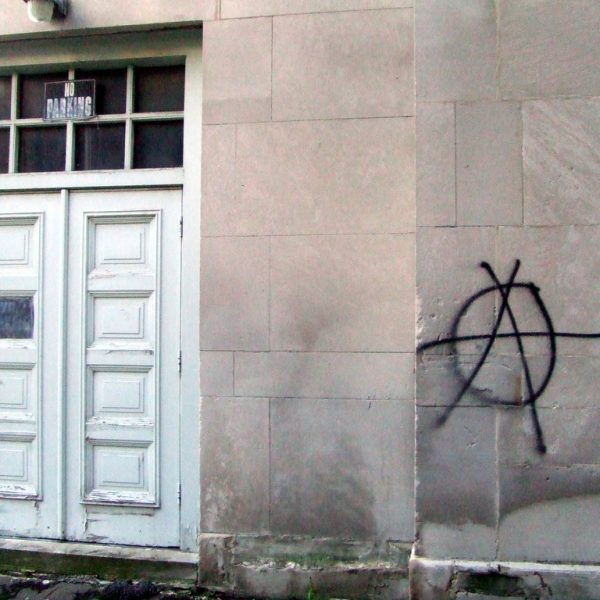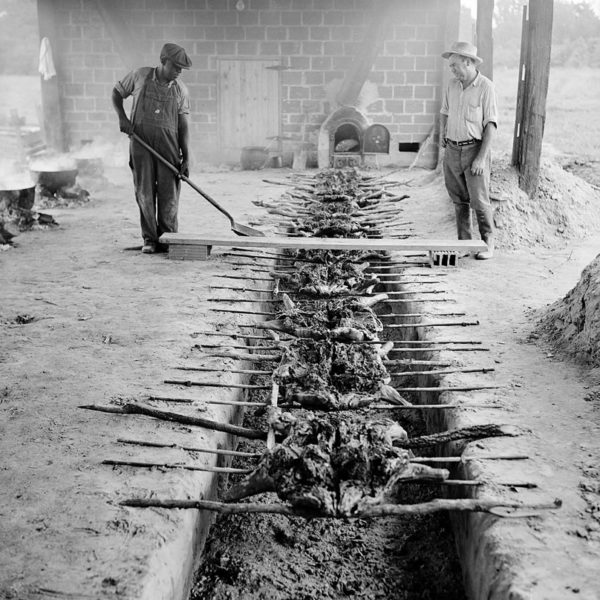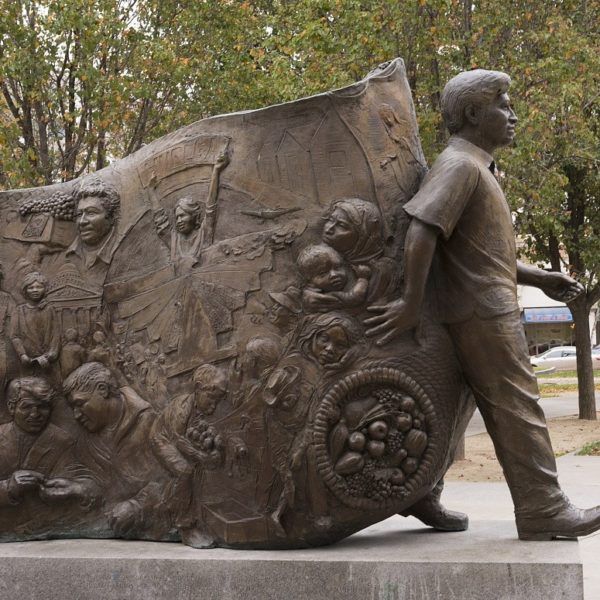
Debates over the virtue or vice of modern liberal political arrangements often boil down to narratives about violence, whether we are speaking of violence in its literal sense, or in the more metaphorical use made so fashionable by postmodernism, namely, the attempt to erase or neutralize difference. According to the eulogists of liberalism, it rescued us from the darker ages of religious tyranny, in which zealots of orthodoxy used political power to enforce uniformity, and even to violently persecute dissenters.
. . . The concept undeniably has a certain appeal, and few slogans are better calculated to capture the imaginations of the young and disaffected than “Towards eucharistic anarchism” (Bill Cavanaugh’s phrase in Radical Orthodoxy) and other such brazen assertions of liturgical politics. But in all the talk of eucharistic politics, a surfeit of aesthetic appeal seems to have usually compensated for a shortfall of logical clarity.
Beiner suggests that I want a politics, and by politics he seems to mean what the state does, that is at the service of Christianity. As someone deeply influenced by John Howard Yoder’s critique of Constantinianism, that is precisely what I do not want. Of course I should like Christians to be free to try and convince their non-Christian neighbors that war is a bad idea, but….



